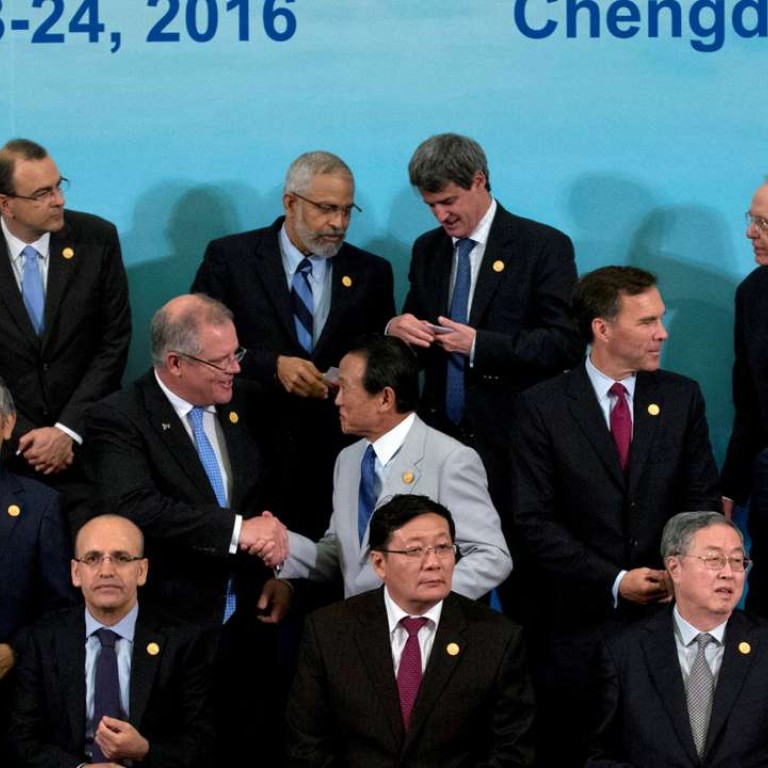
Why Chinese exports matter well beyond national borders
Simon J. Evenett says keeping growth ticking along has implications not only for China but foreign markets as well, as it wards off zero-sum thinking among trade partners
For the best part of the past two years, the total value of Chinese export contracts priced in US dollars has fallen. Exports fell 4.8 per cent in the year to July, reinforcing the impression that China’s growth engine is relying more and more on domestic demand. Amid data suggesting service sector growth is humming, how much does Chinese export growth still matter?
China’s exports, imports fall again amid weakening demand
This is also a time of growing us-versus-them rhetoric from nationalists, the appeal of which is all the greater the less dependent a national economy is on global markets. No one is suggesting that China is turning decisively inwards, but the tenor of policy debates will be influenced by the degree to which it is seen to gain from access to foreign markets.
What matters for short-term growth is the total demand for products made in China. Falling Chinese exports detract from that, but lower Chinese spending on imports does the opposite. It was telling, therefore, that Chinese imports fell 12.5 per cent year-on-year in July. Still, that Chinese exports continue to fall ought to be a source of concern. Growth has stalled in many key export markets, while Chinese firms have been hit by a raft of protectionist measures.

China and international finance chiefs raise alarm on trade protectionism
Protectionism outnumbers foreign trade reforms benefiting China by almost three to one. A sustained pushback against Chinese exports in world markets has been under way since the global economic crisis. China retains a strong interest in keeping the world trading system as free as possible. But sustainable openness is a two-way street.
Little policy transparency at home also comes at a price
Talk of mergers among state-owned enterprises has aroused suspicions. Greater state-directed lending to firms raises questions about subsidies. Reports that more listed firms are amassing large war chests raise fears of another spree of acquisitions of foreign firms.
Little policy transparency at home also comes at a price – greater political risk for Chinese firms operating abroad.
All of this matters in economic policy debates in Beijing ahead of next year’s party congress. A gloomier global economic outlook could bolster arguments for self-reliance, exerting greater pressure on foreign multinationals to source locally. In contrast, any resumption in Chinese export growth may take the edge off zero-sum thinking about trade and investment.
The economic decisions that really matter are taken not at international summit tables like the upcoming G20 but in national capitals, and are shaped by perceptions about the health of world commerce. The lacklustre export growth data in China and elsewhere matters – zero growth induces zero-sum thinking.
Simon J. Evenett is professor of international trade and economic development at the University of St Gallen in Switzerland

